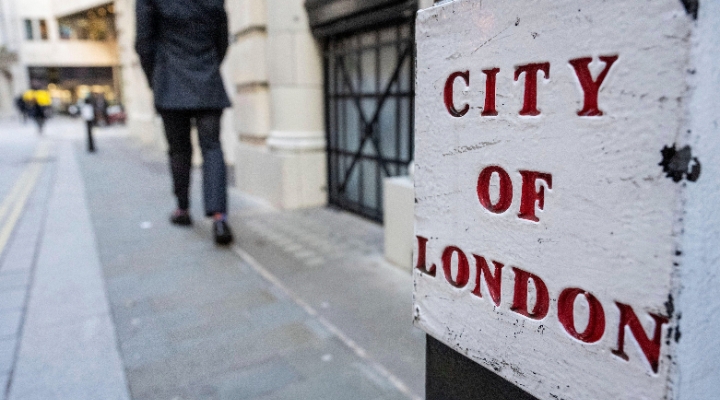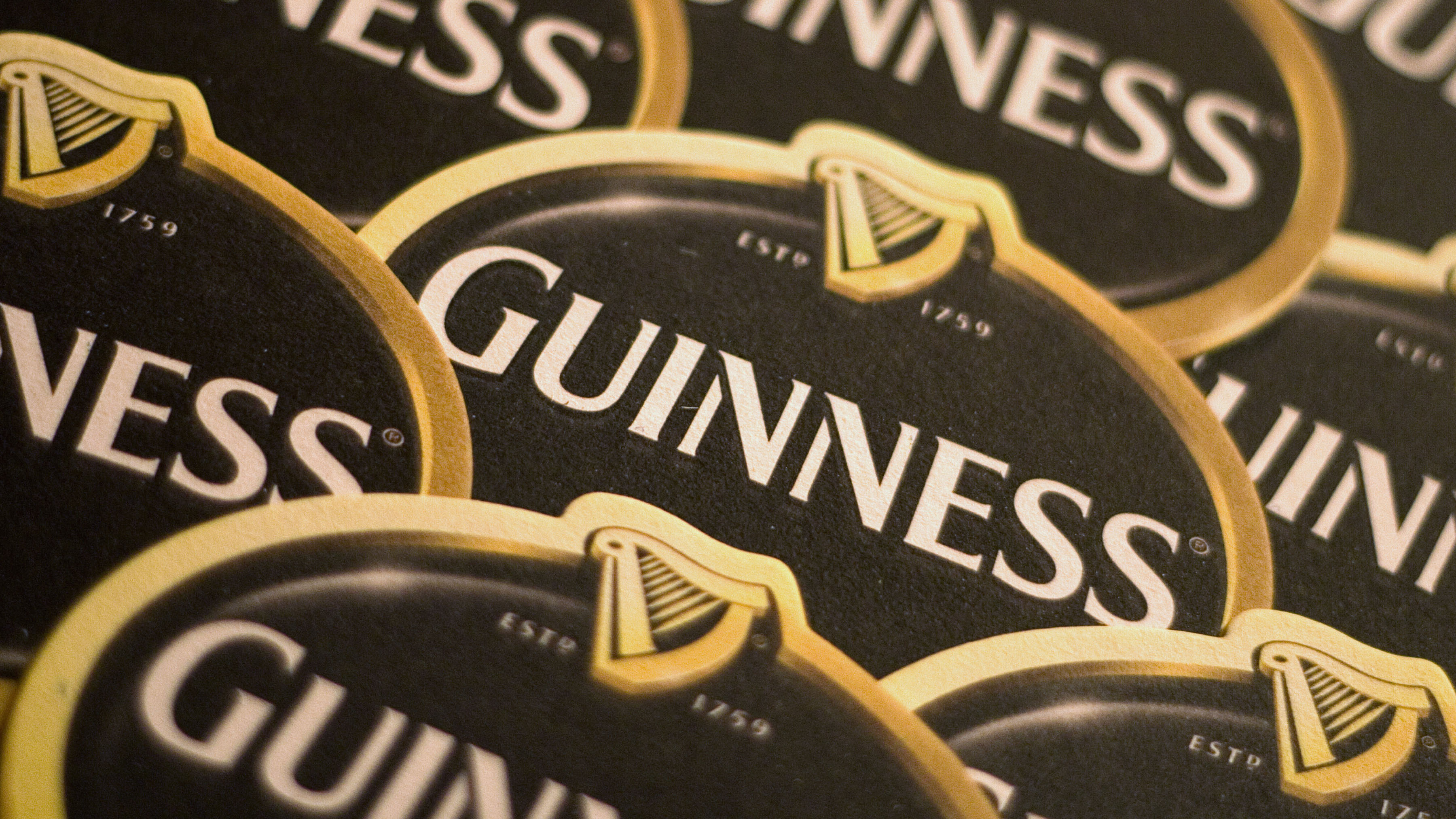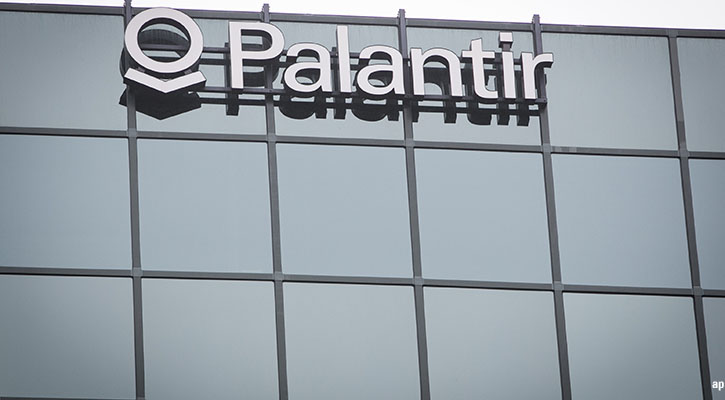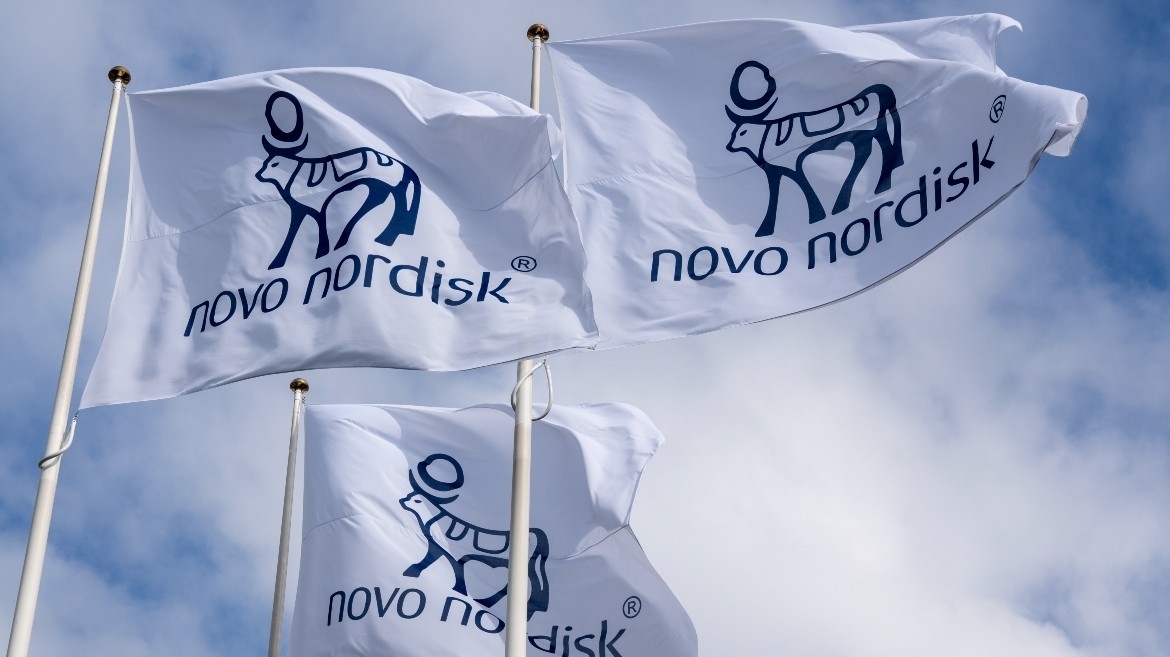
October was the worst month for global equities since March as investors reacted to the re-introduction of lockdown measures across Europe and the likelihood of a contested result in the US Presidential Election. In the UK stock market, the sell-off accelerated towards the end of the month, with the FTSE 100 sliding from more than 6,000 in early October to 5,500 points on the last trading days of the month.
The Morningstar UK Index, which covers 314 stocks from £400 million in market cap to £100 billion, was down nearly 4.5% in October and 25% since January. Our latest Market Barometer reveals how value, growth and blend stocks have performed in the latest bout of volatility and where that leaves these companies in terms of their fair values.
Growth vs Value
While the recovery from March’s crash favoured growth stocks over value, October’s reversal has hit share prices across the board. Among the biggest share price fallers in the large “blend” category, which covers stocks with both growth and value characteristics, Ocado (OCDO) lost 17% in October, but is still up more than 70% year to date. In the large growth category, the London Stock Exchange (LSE), a beneficiary of this year’s increased market activity, was down nearly 7% last month.
Within the value cohort, defence firm BAE Systems (BA.) saw the biggest losses with a fall of around 16%. But it was a good month for UK banks, which returned to favour after a miserable year. NatWest Group (NWG) (formerly Royal Bank of Scotland) posted gains of more than 17%, though the share price has almost halved in the year to the end of October. Meanwhile, Barclays shares were up 9%, HSBC more than 7%, and Lloyds 6%.
Oil companies have had a tough year, with dividend cuts, a slump in car journeys and flights, and pressure to conform to investors’ ESG demands. Shares in BP (BP.), which has the ninth biggest weighting in the Morningstar index, lost 12% in October, marking a year-to-date decline of more than 50%. While rival Shell (RDSB) is facing similar losses so far this year, a surprise dividend increase announced in recent results helped it eke out a positive gain for the last month.
In a negative month for most investing styles and stock sizes, the 1.67% loss for small-value stocks is eclipsed by the 8.29% fall for large blend and 5.86% drop for large growth stocks. But with 10 months of the investing year already past, it will be nigh on impossible for value to catch up with growth: in the year to date, small-cap value stocks are down 35%, large-cap value stocks are down 26%, but large-cap growth companies are up nearly a quarter.

Mixed Month for Mid-caps
Like their large-cap counterparts, mid-cap blend stocks (which range between £2.5 billion and £17 billion in size) had a mixed month in share price terms: sales and marketing group DCC (DCC) fell more than 16%, while agricultural biotech firm Genus (GNS) was the best-performing in this group with a gain of 6%. Among growth firms, under-pressure fashion firm Boohoo (BOO) lost a hefty 27% in October as investors continued to fret over governance issues. Biotech firm Abcam (ABC) moved in the opposite direction, gaining 20% on plans to attract US investment, making it the biggest riser in the mid-cap growth category.
The mid-cap value list contains the biggest gainer in the index last month, Rolls-Royce (RR.), which was up nearly 60% as investors re-appraised the engine maker’s prospects after a fundraising exercise. Among small-cap value names, Virgin Money (VMUK) saw the second biggest gains in the Morningstar UK index with a rise of nearly 30%. But the small-cap value cohort also contained the biggest fallers of the month, with mining company Centamin (CEY) down almost 40% and cinema operator Cineworld (CINE) – a former stock market darling – down 30% as it announced plans to temporarily shut cinemas amid a dearth of blockbuster film releases. Shares in the cinema chain slumped further when a second UK national lockdown was announced.
October’s sell-off had implication for valuations too, pushing many companies further away from their fair values. Within the index, chemical specialist Croda (CRDA) is now the most overvalued stock, according to Morningstar metrics, and is rated one-star after strong share price gains this year pushed it above its fair value. But the most undervalued is FTSE 100 tobacco firm and former stock of the week Imperial Brands (IMB); at a current price of 1,220p, it's trading around 65% below its fair value, according to Morningstar analysts.





























